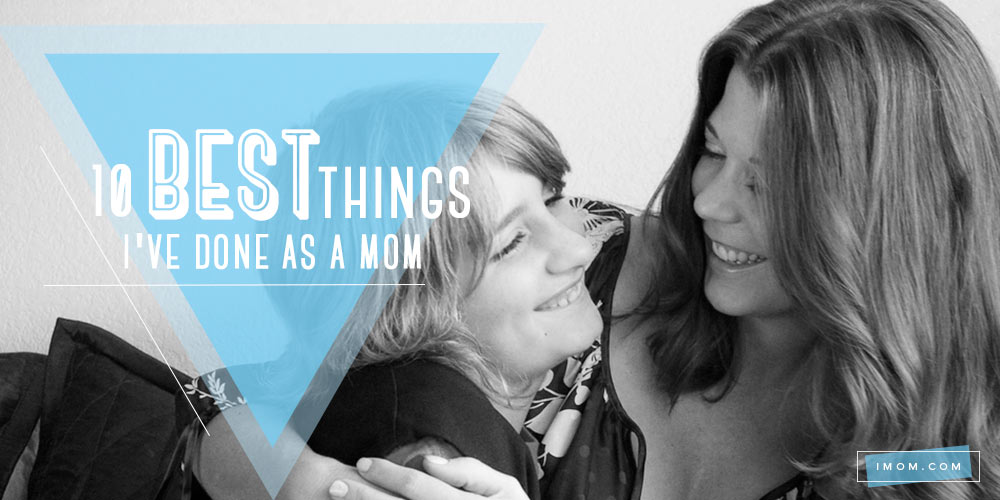A friend of mine has five incredible children. Two were their class valedictorians, one got a full baseball scholarship, and the other two, who are in middle and high school, seem to be shaping up to be amazing in their own rights. When I asked her what she does to produce these superior humans, she said, “Well, I try to be an involved mom, but I can’t take full credit. There comes a point when all parents have to give their children room to use or not use the lessons they’ve taught and fortunately, my kids have made a lot of good choices. But I’m prepared for a time when they won’t.”
That last thought stayed with me. Just like there are some wins in parenting that you can’t take credit for, there are also some losses that aren’t your fault. When our kids make bad choices or don’t live up to the potential we know they have, we often feel guilty. But sometimes, the responsibility isn’t ours to carry. There are times it belongs on the shoulders of our kids. Here are 3 things that are not your fault in parenting.
1. Your Child’s Level of Initiative or Ambition
As a teenager, I knew a family with two sons. One was a very hard worker—always doing something, and with great attention to detail. The other did only as much as was required to keep him out of trouble with his parents and nothing more. Both boys were exposed to the same work ethic in their parents and given the same level of responsibility but had very different levels of personal ambition. You can do a lot to help your child acquire values like a strong work ethic, but their natural inclinations will play a major role, too.
2. Your Child’s God-Given Talents and Abilities
Most parents of exceptional students, if they’re being honest, will tell you they had very little to do with their child’s high GPA and test scores—the kid just had it. So why do parents of kids who struggle academically often feel responsible or guilty? Sure, you want to help your child acquire a good education. But it’s OK that this is not your kid’s greatest strength. God has uniquely equipped your kids for what they will do in life, whether it’s working with their hands, in a creative field, or as a doctor or lawyer. Don’t think of your child’s gifting as “less than” but rather as “different from” and work with it.
Don’t think of your child’s gifting as “less than” but rather as “different from” and work with it. Click To Tweet3. What Your Child Does After “The Transfer”
What’s “the transfer,” you ask? It’s that moment when a person’s faith and values change from what Mom and Dad expect me to believe and live out to what I personally believe and live out because I want to. It’s when a child takes ownership over his or her faith and core beliefs.
Many parents have grieved, after years of intentional parenting, that their young adult children have set aside much of what the parents hold dear and have gone their own way. If your child lacks a sense of values because you ignored your responsibility to teach, that’s one thing. But if you held up your end of the bargain during those formative years, your child’s choices are just that—choices. And they’re choices made by another adult you can’t control. Yes, you’ll be sad about it and may worry about the fruit those choices will bear in your child’s life, but guilt should not be a burden you carry in these cases.
Which of these things that are not your fault is the hardest for you to accept?










